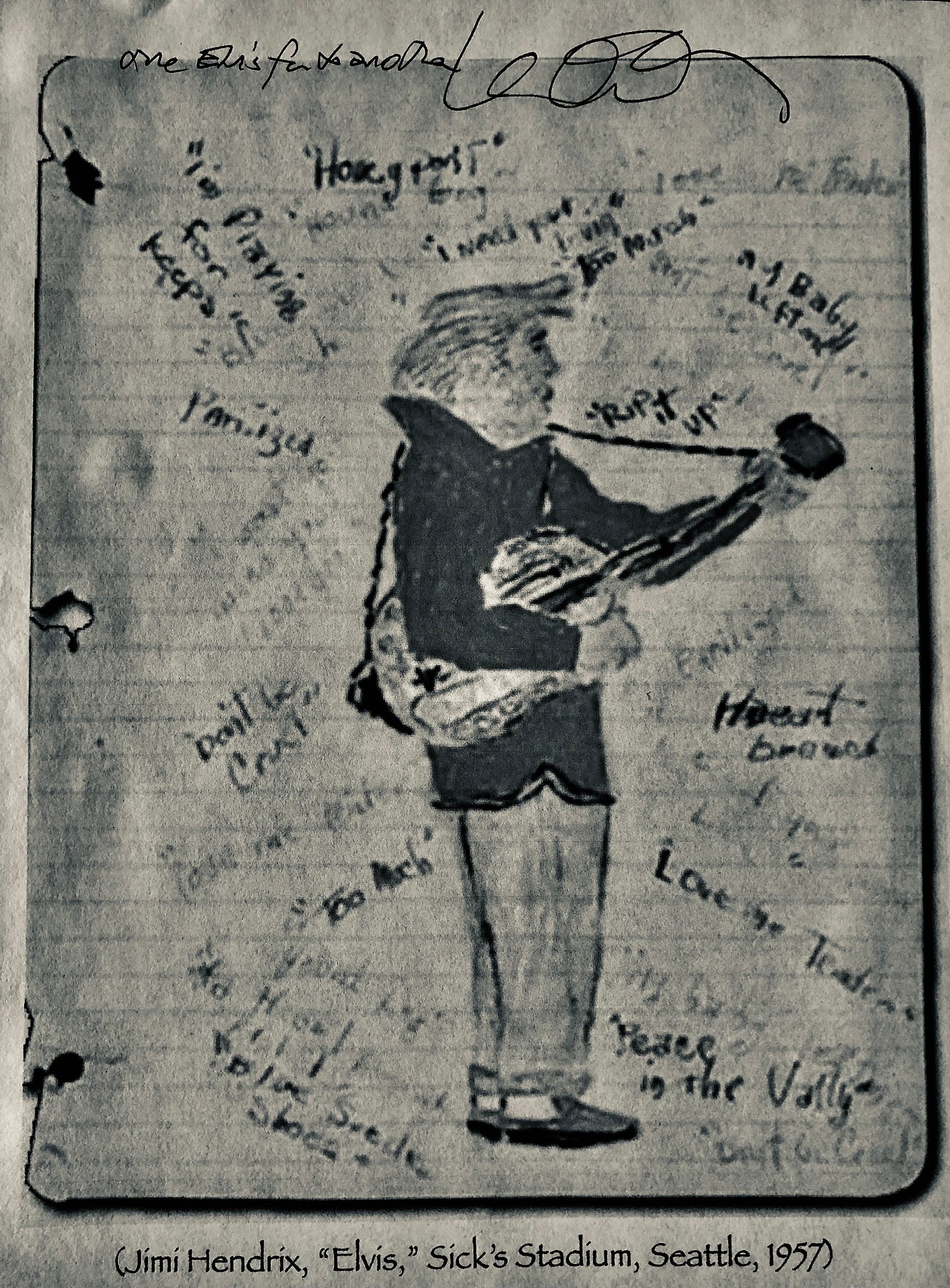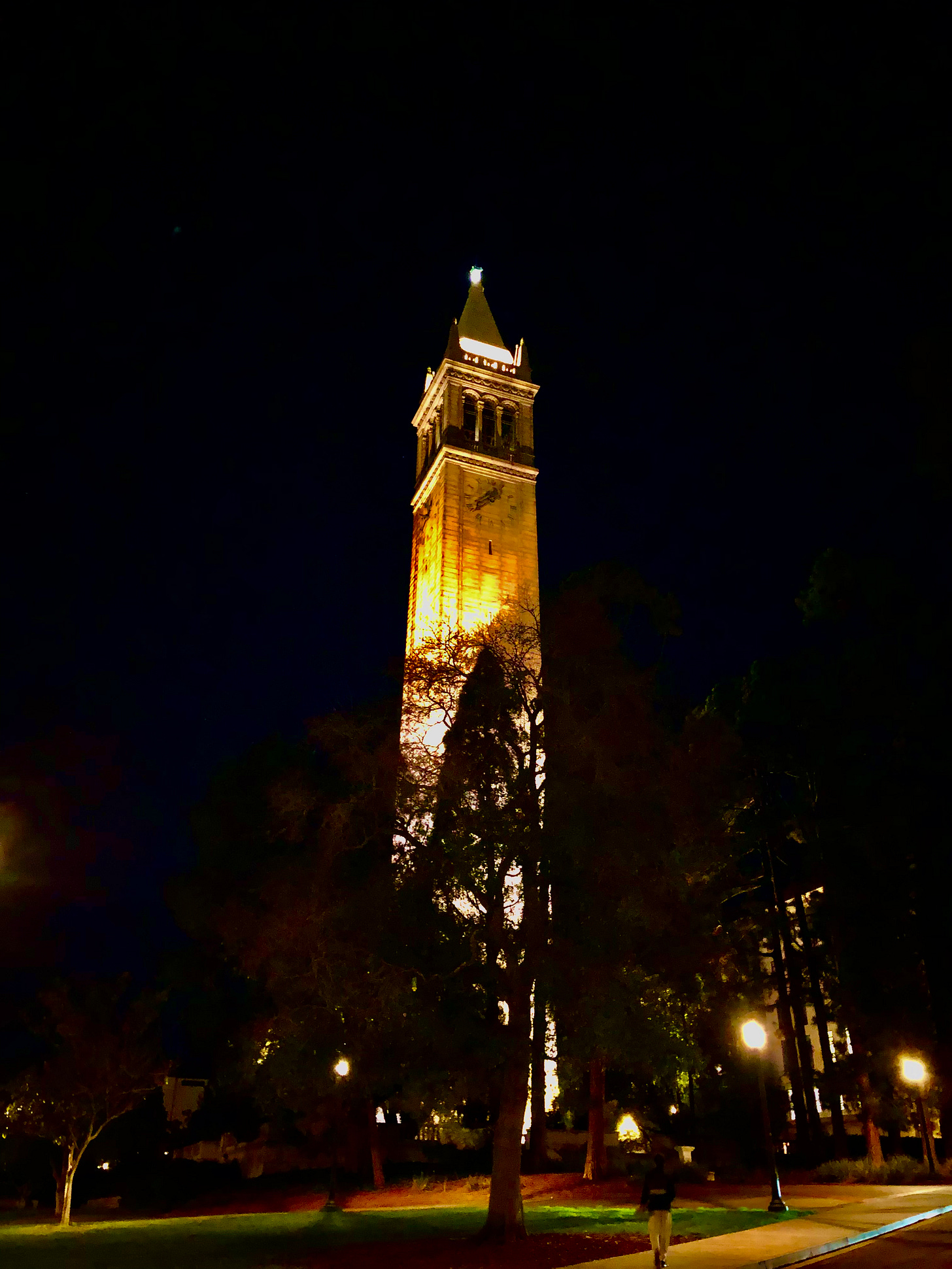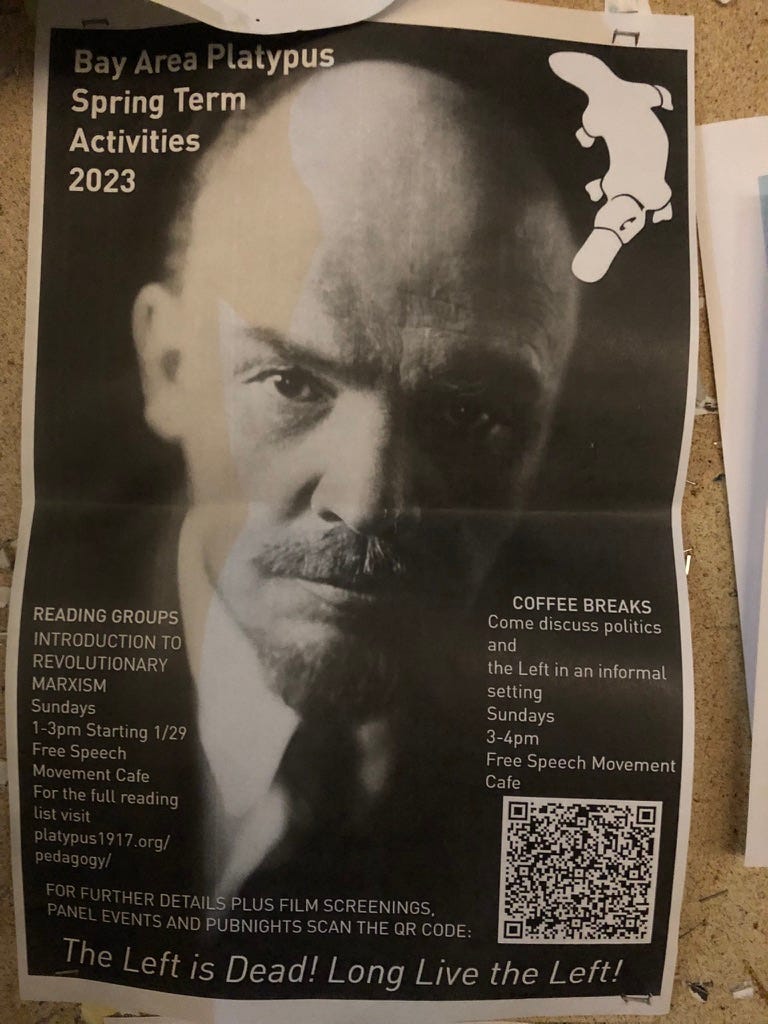Part V: How Does it Taste
One of the more significant findings from Taibbi’s Twitter reporting involves a similar, though less literal, inter-partisan “marriage,” politically-reminiscent of Chris and Michael Boskin’s.
Wedded in the aforementioned “think tank,” a murky entity known as Hamilton 68—“founded by the blue-and-red team” of “former counselor to Marco Rubio Jamie Fry” and “Hillary for America Foreign Policy Advisor Laura Rosenberger,” per Matt Taibbi.
Consisting of political players from both sides of the aisle, Hamilton 68 became the name of an online database, a “dashboard” website designed to alert American journalists and academics to social media accounts linked to Russian, Chinese, and Iranian propaganda.
The dashboard’s graphics have a propagandistic vibe of their own. Including the ironic disclaimer:
We are not telling you what to think, but we believe you should know when someone is trying to manipulate you. What you do with that information is up to you.
The site, part of the Alliance for Securing Democracy (ASD), is a product of the new “uni-party,” as contrarian Walter Kirn calls it: the inter-party establishment which coalesced in response to Donald Trump’s election—Never-Trump Republicans and new school techno-Democrats, current and former members of the CIA and FBI, political influencers, and other concerned actors.
Hamilton 68 became the basis for most of the news reports about “Russian bot” interference from 2017 onward, cited by every major network and even fact-checking engines like Snopes and Politifact.
The only problem, as Taibbi revealed, is that out of the more than 600 Twitter accounts that Hamilton 68 labeled as Russian bots or state-influencers, the vast majority were actually low-traffic English-language accounts linked to ordinary American citizens.
Most were Trump-friendly nobodies, half-dead personal accounts with little reach whatsoever. A few were satirical “wind-up merchant[s],” as a former Twitter executive described one such account, from the left. Some were linked to far-left news sites.
Out of the handful of accounts that actually were Russian, most were linked to Russia Today, an obvious state entity—easily dismissed by fact-checkers as Russia’s state-controlled television network, not covert infiltrators of American discourse online.
After the release of the Twitter Files, Hamilton 68 (now “Hamilton 2.0”) released an exculpatory “Fact Sheet” regretting “the mischaracterization of the dashboard.” They clarified that, “Recent reporting on Hamilton disregards the dashboard’s published methodology.”
The published methodology available today, which may or may not have been altered in the wake of Taibbi’s reporting, states:
[Not] every name or link you see on the dashboard is pro-Russian. The network sometimes amplifies stories that Russia likes, or people with like-minded views but no formal connection to Russia. Importantly, the network also tweets about stories and people that Russia seeks to discredit or attack.
Whether or not it has been updated, the language is chilling in its blandness. These became the de facto criteria for being considered a Russian “bot.”
To be included in Hamilton 68’s propaganda “network,” one need only retweet stories that overlap with “stories that Russia likes, or people with like-minded views but with no formal connection to Russia,” or “stories and people that Russia seeks to discredit.”
Russia seeks to discredit Hillary Clinton. If a journalist writes a story discrediting Clinton, does that make them a Russian operative by proxy, part of Hamilton 68’s network?
What if Russia happens to support Bernie Sanders or Tulsi Gabbard, or any other vote-syphoning contender, against Hillary Clinton?
Russia Today, like CCP television, loves to poke holes in American exceptionalism. They often run stories pointing up our vulnerabilities, like the corruption that led to Occupy Wall Street, policy brutality and Black Lives Matter, or the messy withdrawal from Afghanistan—these are “stories that Russia likes.”
As Director of Intelligence James Clapper warned, Russia Today includes stories critical of fracking, America’s “national debt,” “alleged Wall Street greed,” and the “surveillance state” (so-called).
How many reporters does this put in the category of “people with like-minded views but no formal connection to Russia?”
*
While there were obvious Russian attempts to interfere in American elections and public discourse, and Trump was suspiciously receptive to many of them, many were fake or inflated stories produced by American state-influence online and falsely attributed to Russia, whether through negligence or by design.
The vast majority of hastily-copied news reports about “Russian bots” were the result of Hamilton 68, combined with lazy reporting on behalf of credulous American journalists who looked no further than the institute’s website.
What’s worse, the media’s self-congratulatory mission to discover the next “Watergate” (RussiaGate), likely did more to achieve the aims of actual Russian intelligence operations than Internet Research Agency trolls or Donald Trump himself.
In his Columbia Journalism Review autopsy of the news industry, Jeff Gerth—the former Times reporter and fellow at Berkeley’s Investigative Reporting Program—referenced a 2018 book produced by Harvard researchers on the issue, Network Propaganda. It found that, while there was strong evidence of Russian interference operations in the U.S., the “evidence of its impact was scant.” More importantly, as Gerth says, Network Propaganda warned that “overstating the impact” of Russian information operations “helps consolidate” the aim of Russian operations: to “disorient American political communications.”
Chaos and distrust was the goal, not the installation of a Manchurian Candidate.
The New York Times itself, in a statement that is revealing yet characteristically lacking in self-awareness, came close to a similar conclusion about the effect of Russia coverage: “It was the story of the Russia investigation as a malevolent plot that first began priming tens of millions of Americans to believe Mr. Trump’s conspiracy theories about the deep state,” the Grey Lady opined shortly after Trump left office.
The op-ed’s only shortcoming is that it notes only that the “Russia investigation as a malevolent plot” was a false story, promoted by the right, while ignoring the Times’ own inflated narrative: Russia’s “malevolent plot” to elect Donald Trump through blackmail and bedwetting. Both primed voters to distrust the media and other institutions.
HBO’s documentary film on Russian meddling, Agents of Chaos—which Gerth helped research for Berkeley’s Investigative Reporting Program—comes to a similar conclusion… though you wouldn’t necessarily realize it on first viewing. If anything, the chaotic atmosphere that it documents seems to nurture conspiracies, which speaks to the objective of Russian meddling.
In a rare moment of clarity from The Guardian, a newspaper which made its own contributions to hysterical Russia coverage, a film review of Agents of Chaos comes to the conclusion that arguably, “what worked best” for Russia’s political game “was the entrenchment of the perception that Russia could have a consequential impact on America’s election.”
As the New Yorker argued, “if the goal is disruption and confusion, then being seen to affect outcomes is as good as actually affecting outcomes.”
As Agents of Chaos director Alex Gibney said before the election in 2020, “our institutions – the press, a sense of the rule of law, and a bifurcated, belief-based, tribal political system – had become so dysfunctional that we were ripe for the picking…Unless we start fixing some of these problems, we’re done.”
The reason Bob Woodward has recently invited American journalists to walk “the painful path of introspection” for having “cheated” American news consumers.
*
To a novice outsider, it’s impossible to know what people like Chris and Michael Boskin think of such things.
But as a tech-and-media consultant concerned with “Geopolitics and Technology” and “Digital Cognition and Democracy” (IST initiatives that cite the founder of Hamilton 68), married to a presidential economics advisor who worked for Oracle… it’s a safe bet the Boskins are interested in such things, in one way or another.
Moreover, everything Jann Wenner said in front of the Boskins tonight is true, in one way or another. The question is: how?
It’s likely the Boskins, like Jann Wenner, like all of us in different ways, are interested in reforming public discourse online. That they’re motivated by impulses similar to, but less insidious than, Hamilton 68 or the FBI’s response to online “misinformation.”
Hamilton 68 effectively took political views unfashionable to the establishment—namely, the populist language of Trump supporters, those satirizing Trump supporters, and a handful of outspoken leftists—and falsely labeled them Russian state actors.
A response to the crisis of Trump’s election, and the insurrection that finally resulted from Trump’s infection of public discourse, which brought the two sides of the political establishment together.
A response motivated by the same fears that led to the FBI’s manipulation of Twitter, and its reaction to nationwide protests against police brutality or COVID restrictions in the intervening years, when it tried to entrap Black Lives Matter protesters and MAGA fanatics.
The tactics are familiar from the days of J. Edgar Hoover, COINTELPRO in the 1970s, and the War on Terror. (For the impact of ISIS on internet regulation, read here.)
All are predictable government responses to chaos, with implications at least as ominous as Trump, Russia, terrorism, or civil unrest. The ham-fisted reaction far outweighs the threat in terms of free speech, public discourse, creeping authoritarianism, and faith in our institutions.
It’s understandable that Wenner and the Boskins, in their own ways, are probably hip to the threat more than the response. It’s also likely that with time and good reporting, the weight of government overreach will become clearer.
At least, one would hope, to an old-school, countercultural capitalist like Jann Wenner.
*
What’s indisputable from my evening at Berkeley is that Rolling Stone has taken sixties counterculture mainstream, a fantastic achievement.
We are gathered in a business school, where a woman from the congressional committee on Public Broadcasting, her husband from both Bush administrations, and several women from the Berkeley administration, have spent an hour listening to Jann Wenner repeatedly invite his audience to take drugs and remember the revolution.
If there’s one thing Wenner doesn’t want to regulate, it’s not free speech, it’s drugs— even “the bad ones.” It won’t work, he says, and he’s been around that block. (Though the addiction crisis needs addressing.)
“Take more drugs, you’ll get there,” he jokes during a lull in the conversation. Which reminds Marcus of another ironic aside—the time he invited Phil Kaufman to a screening of Invasion of the Body Snatchers in Marcus’ classroom, where the director described his motivation for the film.
“I looked around me,” at New Age San Franciscans in the 1970s, “and all I saw were pods.”
“The problem with the sixties,” according to Kaufman’s wife, the reason we had so many husks of humanity inhabited by viral body snatchers: “people didn’t take enough drugs!”
It was an evening where the man who once said never trust the government, and chanted (or as a cub reporter, recorded people chanting) “Free Speech!” …now calls for government intervention and stricter regulation of the First Amendment online. He said it well:
The First Amendment forbids newspapers and magazines and television stations from acting with reckless disregard to the truth and facts and malicious intent. No such restriction applies to the internet.
We need such restrictions. The dilemma is: How to enforce them? Everyone sits on a newspaper or magazine or television station. Check your pocket.
Who’s going to police them?
As—of all people, a comedian, former reality TV host, and UFC commentator—Joe Rogan said to Wenner: We’re going to trust the people who brought us fake WMDs, yellow-cake uranium and Operation Enduring Freedom to decide what is real and what is misinformation?
“We can trust the government…?!”
Wenner couldn’t articulate why, but he was confident we could.
Who can blame him? Discourse is shattered. These are sideways times, upside-down inverted, and we all must find our own way.
The Dean of Journalism (one of them) brings the Q&A to a close.
With a final remark about a new institution, founded by a journalism professor named Michael Pollan.
“The Berkeley School of Journalism is proud to house the Center for Psychedelic Research.”
*
I stay for a bite of warm food and a cold beer (complimentary, like the speech). For all the deans, all the talk of inclusion, for the most part, the diversity is behind the bar.
During the reception, I ask a dubious Greil Marcus to sign my copy of Hendrix’s boyhood Elvis illustration. The cultural historian looks concerned: “He looks like… Donald Trump?”
We exchange a few pleasantries, surrounded by the Boskins and other line-cutters queuing up to congratulate the Pope of Rock and Roll. I thank Greil Marcus for his New Literary History of America, before turning towards the elevator.
“I’m definitely taking drugs this weekend,” a young coed remarks on the way down.
Down and out into the Berkeley evening, threading her pavilions, meandering under the towering Campanile lit up at night… to Sproul Plaza.
Where the most recently-publicized manifestation of the First Amendment was a 2017 “Free Speech Week” organized by rightwing student groups and alt-right provocateurs… resulting in counter-protests, speaker cancelations, lock-downs, and violence.
J.K. Rowling, speaking to a journalist for the first time in years, last month echoed “Mighty Ira” Glasser of the ACLU, assessing Berkeley’s response to Milo Yiannopoulos.
“We want him deplatformed, we don’t want him to speak at all…”
I thought it was a terrible strategic error…my feeling was, you are giving this man way more power than he deserves by behaving in this way. It made Milo look sexier and edgier than he deserved to look.
…it was a strategically appalling turn. Get on that platform and eviscerate his ideas. Get on that platform and expose him for the charlatan that he is. You push back hard. But you’ve given him so much power, by refusing to talk.
Yiannopoulos went from relative obscurity to prime time tv and talk shows in a few months, Rowling’s interviewer admitted.
I have marched in my life, I’ve certainly been part of mass movements. I’ve signed petitions and I’ve demonstrated…but when it comes to a speaker like that I just thought they were undermining their own ends. In fact I thought they were serving his purposes. Because he was able to walk away from that saying, Look they don’t dare debate me. This is how dangerous and edgy I am. And I don’t think we want to cast the alt-right in that light. But inadvertently…
Inadvertently, they did.
I was becoming unnerved by some of what I was seeing. I thought, The way this activist movement is behaving is… troubling me.
The author noticed it wasn’t just her political opponents being targeted this way, but fellow speakers on the left. Then Rowling, when she voiced these concerns.
Tonight Sproul is peaceful, and there is music. A strings-and-drums duo with the shy guitarist in a mask. Opposite giant Taiko drummers swinging both arms full on the steps across the plaza. Between them, in the center of the plaza, some familiar, old-school Leninist pamphleteering, courtesy of The Platypus, on the campus bulletin: The Left is Dead! Long Live the Left!
I pause again before the Free Speech Movement Cafe (remembering Wenner’s comment earlier: “They turned it into a café, which I saw is so ridiculous… a jail cell would’ve been more like it”).
It occurs to me that a mouthful of food seems like the surest encumbrance to speaking freely.
*
Up to the bar of the Berkeley City Club for my last complimentary drink, free with one night’s stay… consumed as I amble the mahogany library.
The books are less impressive than the shelves, where I leave my “one free dessert” coupon.
Down to Shattuck Avenue for some real food. The kind you make yourself, or pay for, at Angelino’s Louisiana Kitchen. The hostess is chatting with two brothers at the podium when I walk in.
She seems to be apologizing for her alma mater, as I stroll through the doors mid-conversation. “… Although, it is a really nice campus,” she says. Could be Berkeley, could be one of the local private high schools for the daughters of privilege. I can’t tell exactly how old she is.
When the hostess goes to seat another customer, the pair she was talking to commence to marveling that “white folks are sending their kids up the hill to Oakland Tech,” because “the education’s better,” at that majority-black high school.
I retire to the Berkeley City Club, to my cellular room. Leaving the Po Boy on the radiator to keep warm, while I gaze through the windows at the screen-lit faces, students at their laptops in the housing complex across the alleyway.
*
The morning augurs another perfect day. The California electricity, just glinting in the eastern sky. I milk a cup of coffee from the push dispenser in the lobby, then pop my head onto the viewing deck of the indoor swimming pool to gaze at Gatsby’s dream—the mirrored image of Moorish arches vaulted on the water… a tunnel into the jazz-age past.
Gunning the rental car up Ashby and down MLK, onto to the Oakland freeway, heading south… I find myself under the first overpass out of Berkeley.
Where an ominous message, for me, is waiting.
Woven into to the pedestrian fence above the freeway, in worn-out Christmas tinsel, the tattered words: Ea the Rich.
I wonder about the man who reportedly said them, Jean-Jacques Rousseau. I wonder about his Revolution in France, and the one in Berkeley. I wonder about old aesthete Ralph Gleason, and his muse Bob Dylan. I wonder How does it feel? I wonder at the Free Speech Movement… Cafe. I wonder…
How does it taste?









